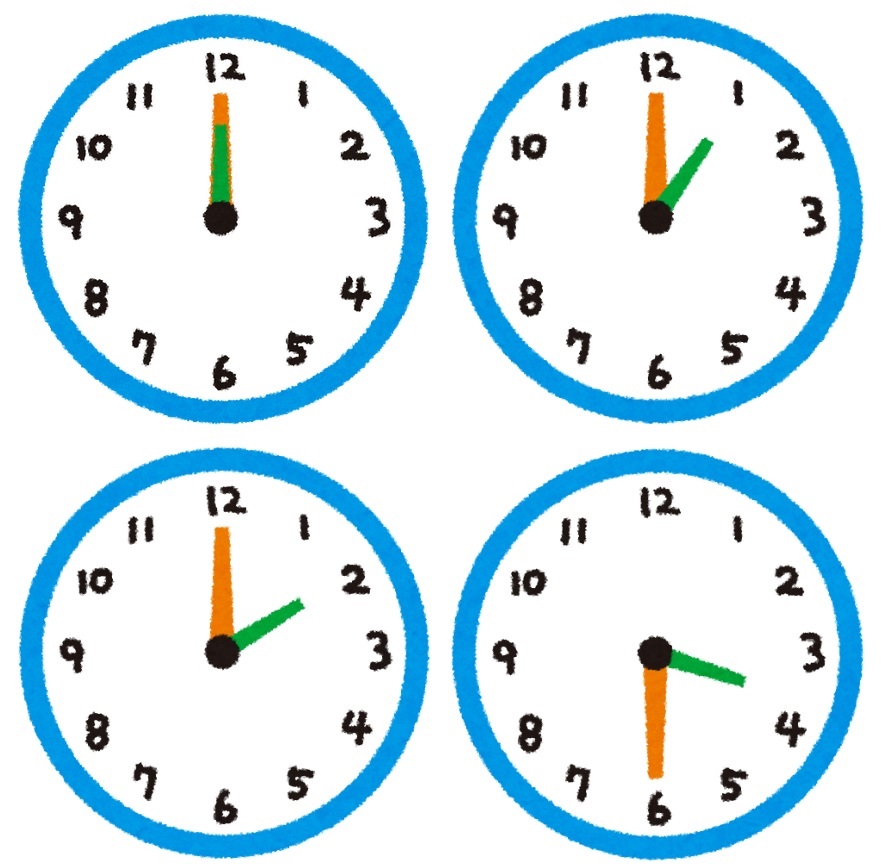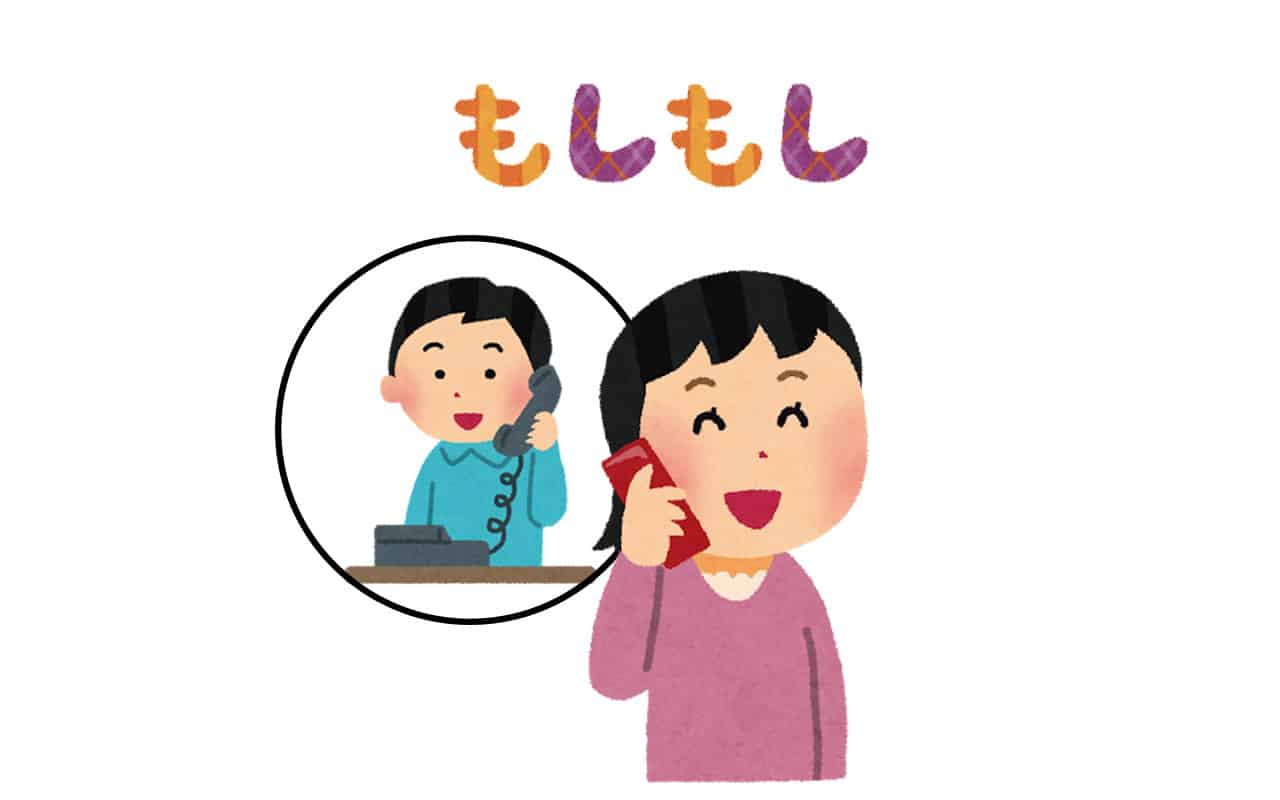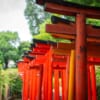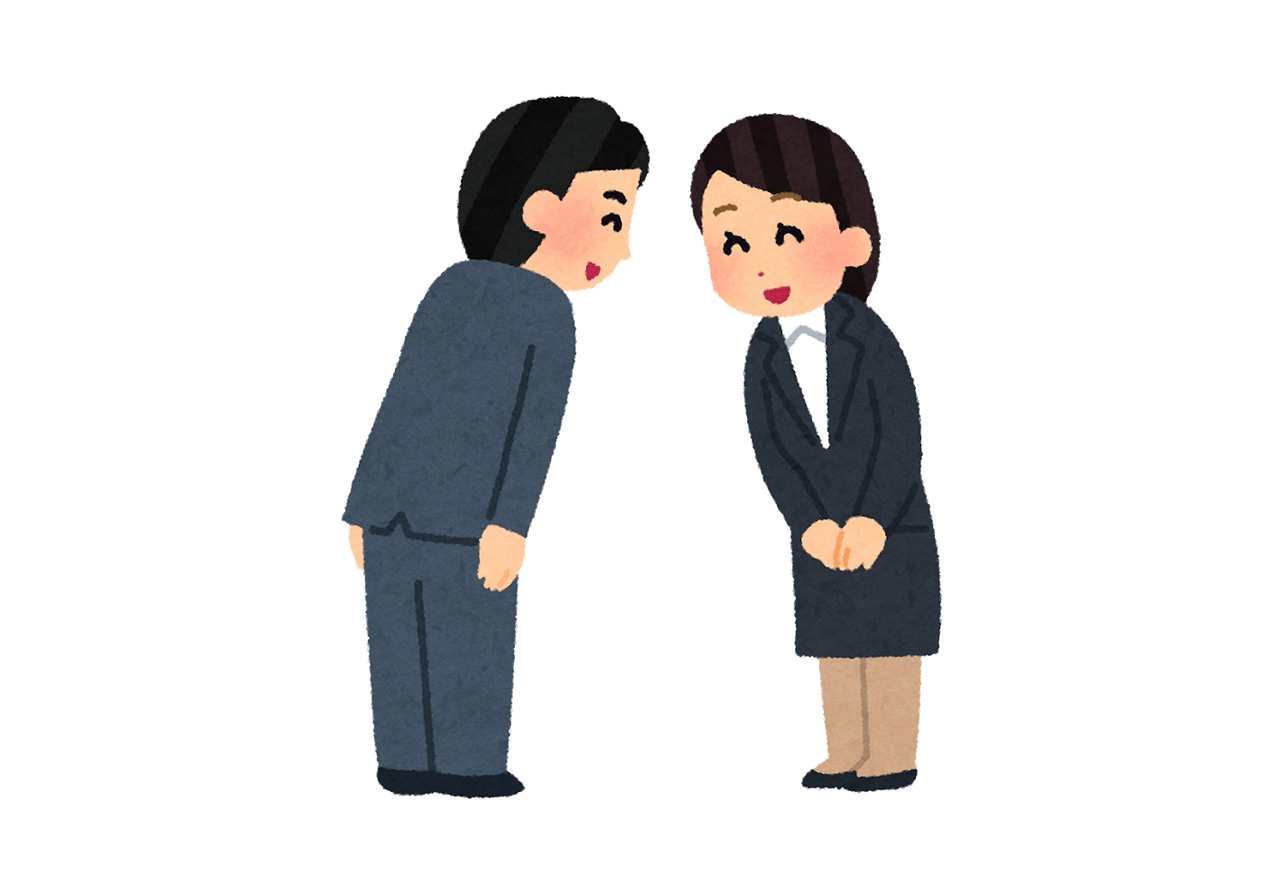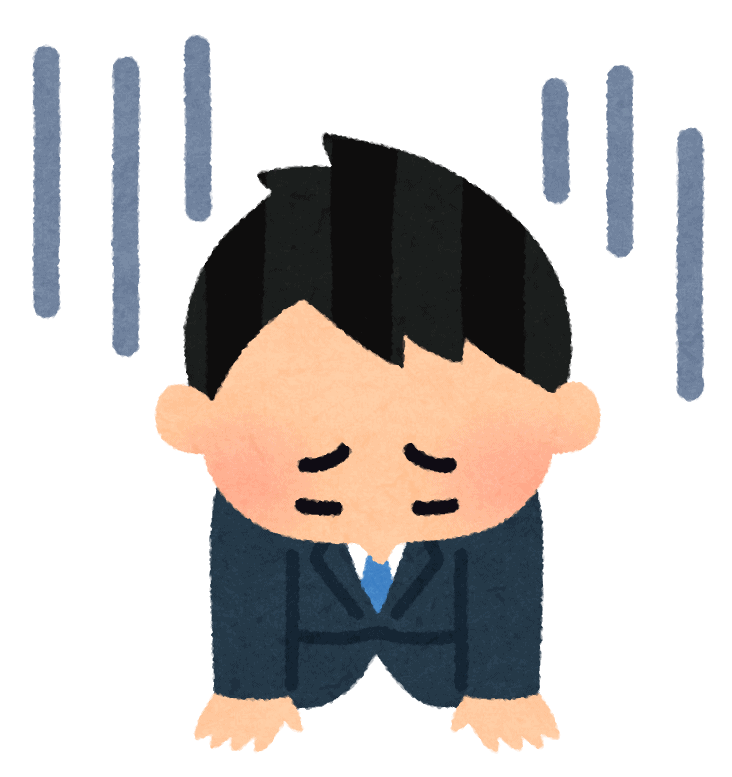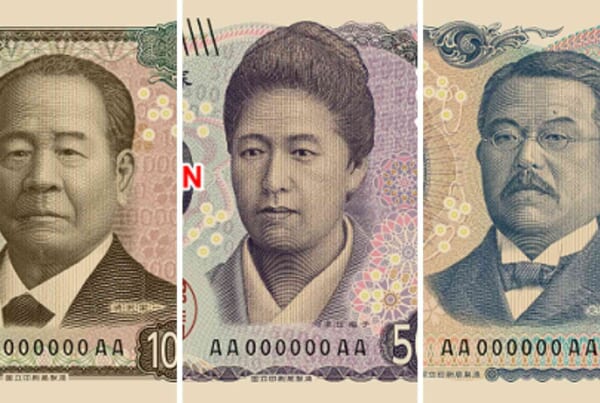What time is it in Japan, the land of the rising sun? What is the time difference between its neighbors and between some of the biggest cities in the world? It’s time to synchronize your watches and take a look.
What Time Zone Is Japan In?
Japan is in what is known as, Japan Standard Time JST (日本標準時, Nihon hyōjunji) and situated in the UTC time zone or GMT (Greenwich Mean Time) + 9 hours.
As the Archipelago extends in a north-east-south-west direction over a small latitude and longitude on the earth, the entire country is in the same time zone.

A Short History of Japan’s Time Zones
Before the start of the Meiji era in 1868, Japan’s regions were not in the same time zone. The time was based on the sun’s position, so when the sun was at its highest point in the sky, it was midday.
With the development and increased need for rail travel and greater accuracy in train schedules, this system quickly left arrivals and departures in a mess. In 1888, Ordinance 51 was passed, which, although it took two years to be implemented, reset all clocks in the Archipelago to the same time.

In 1895, when Japan ruled Taiwan, Ordinance 167 renamed the time zone “central normal time” (中央標準時, chūō hyōjunji) while “new normal Western time” (西部標準時, seibu hyōjunji) was in place in Taiwan and parts of Okinawa. This time zone was in place until 1937, when it was abolished, putting the whole of Japan, including Okinawa, in the same time zone.

Does Japan Have Daylight Savings?
Between 1948 and 1952, during Japan’s American occupation, summertime started from the first Sunday in May to the second Saturday in September. However, when the Americans left, the notion of changing the clocks during the summer months was also abolished.
Since then, Japan has not changed the time and remains on winter time for the entire year. Even though summertime’s return started some debates whether to reintroduce the practice of daylight savings, it was felt that the inconvenience of changing the time outweighed the advantages, so Japan never (re)adopted the practice.

What Is The Time Differences Between Japan and Other Major Cities in the World?
Japan remains the same as the Korean peninsula (Korean Standard Time) for the entire year. Like Japan, South Korea never changes the time, and therefore Tokyo is always the same time as Seoul. Japan is also the same time as eastern Indonesia (Indonesian Eastern Standard Time). Regarding the time difference between other Asian countries, Tokyo is 1 hour ahead of Beijing, 2 hours ahead of Bangkok, and 3 hours 30 minutes ahead of Mumbai for the whole year.




Tokyo is 9 hours ahead of Greenwich Mean Time, which feels obvious as Japan is known as the land of the rising sun. The Japanese capital is therefore 9 hours ahead of London in winter but only 8 hours in summer.
France also changes its time and therefore the time difference between Tokyo and Paris is 8 hours in winter and 7 hours in summer.
Tokyo is 12 hours ahead of Sao Paulo and 14 hours ahead of New York. When the Tokyo Stock Exchange closes at 3 pm, it is only 1 am for the traders in New York!
The whole of Japan is on Japan Standard Time, which is GMT +9 hours. Tokyo is therefore 7 hours ahead of Paris in summer and 8 hours in winter.
To discover more practical information about planning your trip and to read more about Japan, please take a look at our Japan Travel Guide for the things you should know before you visit.
Translated by Mark Webster


